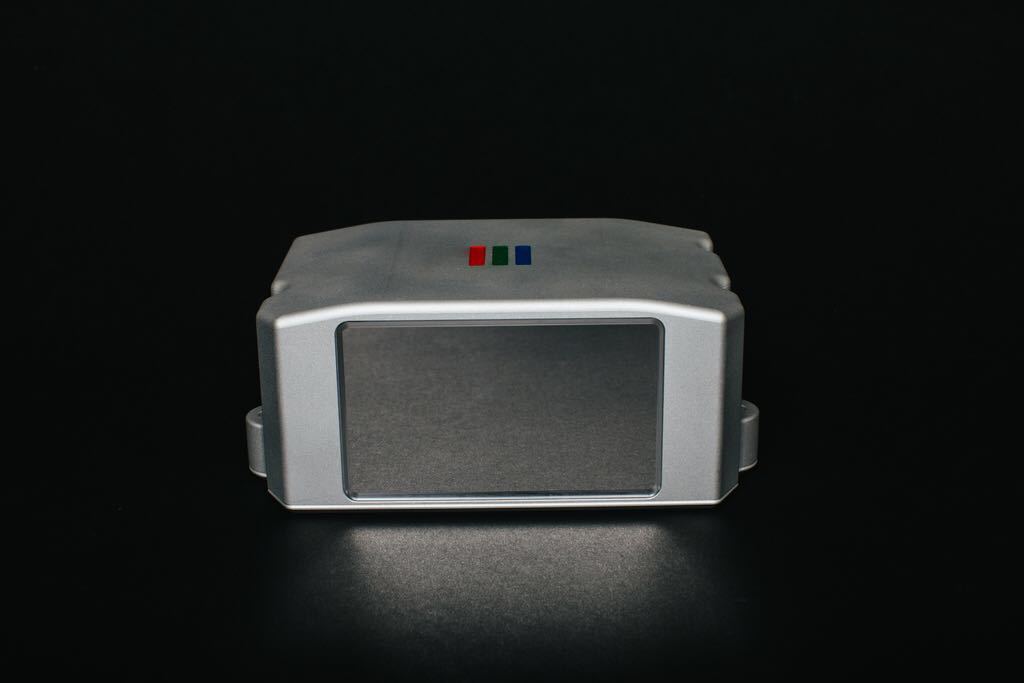US-based LiDAR startup Luminar announced that it is entering the consumer automotive and commercial trucking markets with a sensing and perception platform called Iris. After three years of stealth development and continuously increasing funds, the company revealed its perception software built on its LiDAR sensing platform.

(Image: Luminar)
A recent addition of US$100 million, along with previously unannounced capital, brings the company’s total raised to date to more than $250 million. Major financial investors include G2VP, two of the most prominent sovereign wealth funds, Moore Strategic Ventures LLC, Nick Woodman, The Westly Group, 1517 Fund / Peter Thiel and Canvas Ventures, along with strategic investors Corning Incorporated, Cornes and Volvo Cars Tech Fund. Other participants include Crescent Cove Advisors and Octave Ventures. Former longtime Broadcom President & CEO Scott McGregor joins the board along with G2VP’s Founding Partner Ben Kortlang.
The company started its partnership with Volve in 2018 and began cooperation with Audi’s subsidiary Autonomous Intelligent Driving, providing long-range LiDAR technology for self-driving car development.
This capital accelerates Luminar’s foray into the consumer and commercial series production vehicle markets. According to Luminar, it has provided sensing platform to at least 12 world leading automotive companies with their self-driving development programs.
Iris is slated to launch commercially on production vehicles beginning in 2022, and is the first sensing platform to exceed the essential performance, safety, cost and auto-grade requirements needed to deliver Level 3 and 4 autonomy to consumers. Luminar’s 3D data with high resolution and long range enables detection of dark objects in a distance out to 250 meters. These capabilities will extend into the Iris platform in a compressed form factor for seamless integration into vehicles.
Strengthening Luminar's plans for series production are strategic supply chain partners and investors, Cornes and Corning. Cornes is supporting Luminar’s global expansion into Asia while Corning is working with Luminar to build LiDAR windows, among other optical components.












